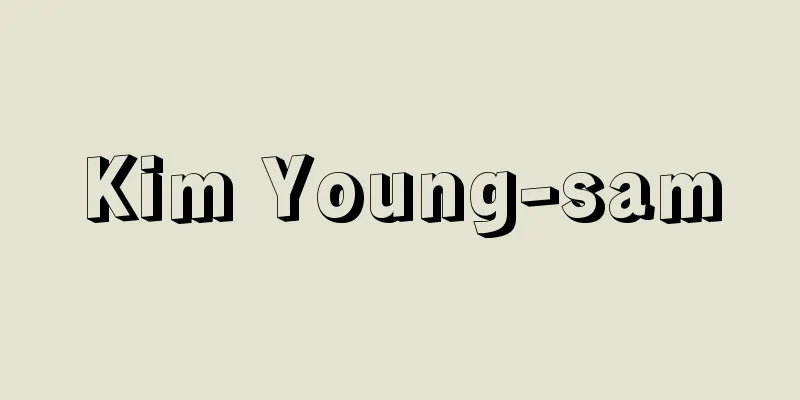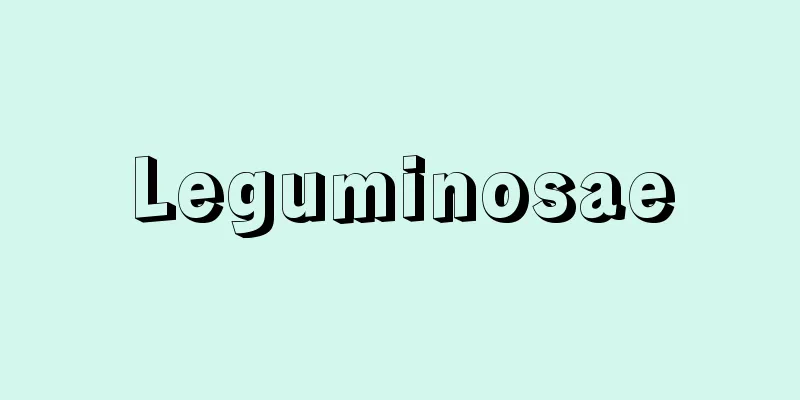Kim Young-sam

|
The 14th President of South Korea (Republic of Korea). Born in Busan, South Gyeongsang Province. Graduated from the Department of Philosophy at Seoul National University's College of Liberal Arts. After serving as secretary to the Prime Minister, he was elected as a member of the People's Assembly from the Liberal Party in 1954 at the age of 26, the youngest ever. In 1960 he became a member of the Democratic Party and participated in the founding of the New Democratic Party, but was ousted in the military revolution of 1961. Afterwards, he moved between the Democratic Party and the People's Party, before becoming a leading executive of the New Democratic Party and being elected party leader in 1979, turning the party into an anti-establishment party. In the spring of 1980, he was seen as a leading presidential candidate as one of the "Three Kims" alongside Kim Dae-jung and Kim Jong-pil, but was banned from political activities when martial law was imposed across the country and the Chun Doo-hwan administration was established. After a fasting protest in 1983, he promoted the democratization movement and the founding of the New Korea Democratic Party. In 1985, the ban on political activities was lifted. In the general election of February 1985, he formed the New Korea Democratic Party with Kim Dae-jung and made great strides. However, in May 1987, he formed the United Democratic Party and ran in the presidential election at the end of the same year as its leader. He came in second to Kim Dae-jung, but was unable to prevent Roh Tae-woo from winning. In January 1990, at the invitation of Chairman Roh Tae-woo, he joined the ruling Democratic Justice Party together with Kim Jong-pil's Republican Party to form the new Democratic Liberal Party (later the New Korea Party, now the Grand National Party), of which he became a supreme committee member. In September 1992, he became the party's president, ran in the December presidential election, defeated Kim Dae-jung, and was elected, taking office in February 1993. The ruling Democratic Liberal Party suffered defeats in the 1995 unified local elections and the 1996 National Assembly elections, forcing the government into a difficult position in parliament. In January 1995, he went ahead with the arrest of former presidents Chun and Roh on charges of rebellion, civil unrest, and illegal accumulation of wealth, and in June 1996, he imposed heavy sentences on both men. In 1996, a scandal involving huge illegal loans from a conglomerate, in which President Kim's second son and secretary, Kim Hyun-cheol, was involved, came to light, leading to a lame duck phenomenon towards the end of his administration, with him issuing an apology to the public in March 1997. He was accused by civic groups of dereliction of duty under the Criminal Code for "failing to deal with the crisis appropriately" in response to the economic crisis that began in South Korea in the fall of 1997, but in 1998 the prosecution authorities decided not to hold him responsible. He stepped down as president in February 1998, when his term expired. In March 1994, he visited Japan as a state guest. [Momo Tamaki] [References] | | | | |Source: Shogakukan Encyclopedia Nipponica About Encyclopedia Nipponica Information | Legend |
|
韓国(大韓民国)の第14代大統領。慶尚南道(けいしょうなんどう/キョンサンナムド)釜山(ふざん/プサン)生まれ。ソウル大学文理大哲学科卒業。国務総理秘書官を経て、1954年自由党から民議院議員に史上最年少の26歳で当選。1960年民主党所属議員となり、新民党結党に参加したが、1961年の軍事革命で失脚した。その後、民政党、民衆党を転々としたのち、新民党有力幹部となり、1979年党首に選出されて、同党を反体制に転回させた。1980年春、金大中(きんだいちゅう/キムデジュン)、金鍾泌(きんしょうひつ/キムジョンピル)と並ぶ「三金」の一人として大統領有力候補と目されたが、全土戒厳令、全斗煥(ぜんとかん/チョンドファン)政権成立によって政治活動を禁止された。1983年の断食闘争を経て、民主化運動や新韓民主党創立を推進した。1985年政治活動解禁。1985年2月の総選挙では金大中と新韓民主党を結成して躍進した。しかし、1987年5月に統一民主党を結成、党首として同年末の大統領選に出馬した。金大中を抑えて2位となったが、盧泰愚(ろたいぐ/ノテウ)の当選を阻めなかった。1990年1月、盧泰愚総裁の呼びかけで金鍾泌の共和党とともに与党の民正党に合流し、新たに民主自由党(のち新韓国党。現ハンナラ党)を結成して最高委員となった。1992年9月に同党総裁となり、12月の大統領選挙に出馬し金大中を破って当選、1993年2月に就任した。1995年の統一地方選挙、1996年の国会議員選挙で与党民自党が敗北、苦しい議会運営を強いられた。1995年1月、反乱・内乱・不正蓄財容疑で全・盧両元大統領の逮捕に踏み切り、1996年6月、2人に重刑を課した。1996年に金大統領の二男で秘書の金賢哲(きんけんてつ/キムヒョンチョル)が関与した財閥の不正巨額融資事件が発覚、1997年3月、国民に謝罪声明を発表するなど政権末期のレイムダック現象が続いた。1997年秋からの韓国の経済危機について、市民団体から「危機に適切に対処できなかった」として刑法の職務遺棄罪で告発されていたが、1998年検察当局は、責任は問わないことを決めた。1998年2月大統領を任期満了で退任。1994年(平成6)3月には国賓として来日している。 [玉城 素] [参照項目] | | | | |出典 小学館 日本大百科全書(ニッポニカ)日本大百科全書(ニッポニカ)について 情報 | 凡例 |
Recommend
Gallic Acid - Gallusan
…An aromatic carboxylic acid with three phenolic ...
Battle of Kosovo - Battle of Kosovo
In 1389, the Ottoman Empire, which had been advanc...
Edward Bickersteth
Bishop of the Church of England from 1850 to 1897....
Spontaneous Combustion - Mint
When a combustible substance is heated in oxygen ...
rlx
...Figure 3 shows the illuminance in various case...
Ohama Kanzashi - Ohama Kanzashi
...There are many cultivars with a variety of flo...
Internal deposits - Shanaiyokin
A company deposits a portion of employees' wa...
Eich, G. (English spelling) EichG
…German poet and radio dramatist. Born near Frank...
Aṇgiras (English spelling)
He was one of the seven legendary sages of ancient...
Battle Scroll - Kassen emaki
...However, in Japan, there are many ancient rema...
Flower Agency
...The main hall used for ceremonies is three bay...
Sodium lamp
A lamp that uses light emitted by an arc discharg...
Musa
Greek goddess of arts and learning. Plural Musai, ...
Polysulfide rubber
It is a synthetic rubber with a structure contain...
Han Xiangzi - Kanshoushi
…The eight immortals in Chinese folk legends are ...









